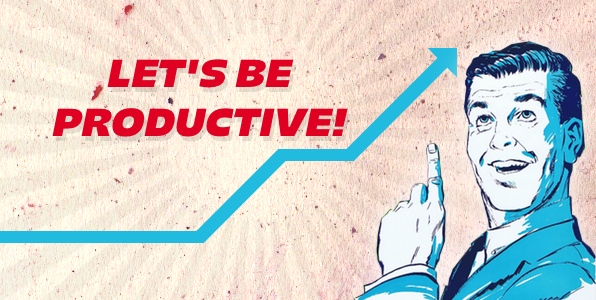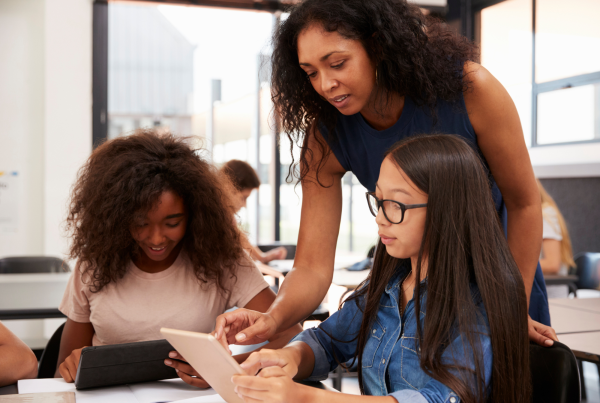 by Scott Lutostanski – Director of Academic Consulting
by Scott Lutostanski – Director of Academic Consulting
Flexibility is the ability to adapt and shift between tasks. This includes shifting in attention and focus, energy, and pace. Flexible thinking allows us to multitask and move between projects that will help us be successful throughout the day.
A common example of an interruption in flexibility is what I refer to as “this, that, this.” Imagine a high school student is given a task to complete around the house, such as sweep out the garage. The student will begin to do the task and may be halfway done when he receives a text from a friend. This leads to a 10 minute back and forth conversation via text. Upon finishing the texting, a flexible thinker, should be able to jump right back into sweeping the garage with the same level of concentration and focus. However, this is often not the case. Sometimes the sweeping is forgotten. Or sometimes it take a couple hours before remembering to get back to work sweeping. In the working world, this is like typing an email or report (“this”) when you receive a call that requires immediate attention (“that”). The situation requires a shift in attention to the “that” and then the ability to dive back into the “this” (the report).
Situations like these happen all throughout each day. Students will take a bathroom or water break and have a hard time getting back into the flow of the classroom. Transitioning between classroom activities or learning centers will be challenging. Older students may have a difficult time transitioning back to school work after being dysregulated during lunch. Or a student might just struggle with multitasking. On a more macro scale, it can be difficult to transition back to school following a break. Additionally, struggling with flexible thinking can cause us to go the other direction. A student can get “locked-in” to a particular activity and be unable to stop or shift to something else. Video games and YouTube are common examples of this.
The flexibility skill cannot only impact a student’s academic success, but also have massive social implications. It can result in off-topic comments, lack of eye contact, poor listening skills, and the inability to wait to speak. Students need to first start by creating awareness and education around this struggle. This often takes a professional to help uncover. From there, understanding and strategy can be applied to specific areas situations that will improve flexible thinking throughout the day and make for a more productive and efficient day.




